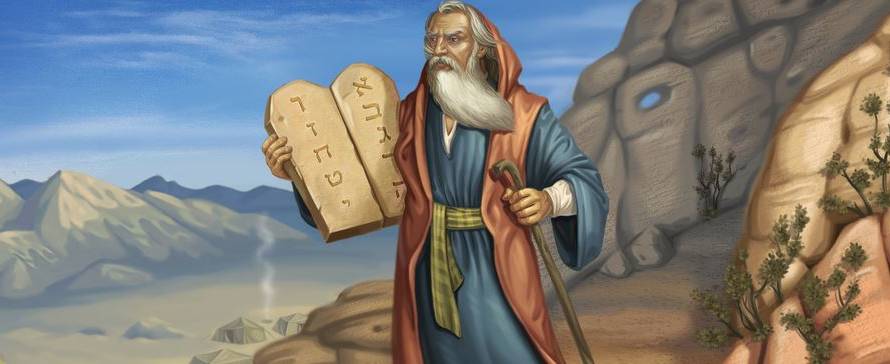
By Rabbi Ari Enkin, Rabbinic Director, United with Israel
Humility means knowing exactly who you are and understanding your true potential while realizing these talents are God-given blessings intended to be used altruistically.
This week’s Torah portion is Vayikra (Leviticus 1:1-5:26), and it opens the book of Vayikra, also known as “Leviticus,” the third book of the Torah. As we will learn in the coming weeks, the book of Vayikra deals heavily with the offerings and sacrifices that were performed by the Levites – hence the name “LEVIticus”.
Our Torah portion opens up with something intriguing. The word “Vayikra,” which literally means “to call,” is made up of the Hebrew letters vav, yud, kuf, reish and aleph. Those who have access to a Torah scroll, or a Tikkun, (a printed Hebrew bible that is a replica of a Torah scroll itself), will notice that the last letter of “Vayikra,” the “aleph,” is written much smaller than all the other letters of the word.
In fact, it is written smaller than any other letter in the entire Torah. No, this is not a scribal error. This is the way Torah has been written since the days of Moses: Vayikra with a small Aleph.
What’s with the font-size change?
Recall that Moses himself wrote the very first Torah of all time. When it came time to write this verse – “And God called [‘vayikra’] to Moses, and spoke to him out of the tent of meeting” (Leviticus 1:1) – which God called upon Moses to do (God doesn’t call upon you and me!), he became shy and embarrassed. After all, Moses was the most humble man who ever lived. He didn’t want to write the word “Vayikra” in full. He was willing, however, to write the word “Vayikar” which does not contain an “alef”. This is because “Vayikra” is a more formal and direct manner of calling upon someone. “Vayikar”, on the other hand, is more informal, and even incidental. Moses didn’t want to boast that God called upon him, and so he preferred to write the “Vayikar” version, as if to imply that he was nobody really that special.
God, of course, is the ultimate author of the Torah, and He insisted that the word be Vayikra- with an alef. Moses outsmarted God, as it were, and indeed wrote the word “Vayikra” as required, but he wrote it with a small alef, so that it not be readily noticeable, thereby fleeing from the honor as best he could.
How could Moses have remained so humble, knowing that he was so great? “Vayikra” or “Vayikar” – Who cares!? We’re talking about someone who had constant private audiences with the Creator of the world! This was a man who was able to barge in on Pharaoh anytime he wanted. This was the leader of the entire Jewish people. Could Moses have remained so humble?
The answer is that humility does not mean ignoring your role or stature. Humility means knowing exactly who you are, and knowing what your true potential is. But even more important – knowing that one’s potential and talents are God-given blessings that are intended to be used altruistically. The humble person is one who does not view himself relative to others; rather, he views himself relative to himself. Moses did not need to put others down in order to distinguish himself as the great Moses. Moses simply would always ponder “Am I doing what I am supposed to be doing?” Moses knew that he was a great man, but he also knew that his greatness was a gift from God, to be used for the benefit of the Jewish people. He had to constantly ensure that he was reaching his potential.
We all have our own status and stature in life. This is true both at home and in the workforce. What do we do with our status? Do we use it to put others down? Do we celebrate the fact that our talents, abilities or salaries are higher than the next guy? I hope not.
The message of Vayikra: Take inventory of who you are and what you are capable of achieving. Use it to help others succeed. Use it to get the job done. That’s what Moses did.
Shabbat Shalom from Israel!
